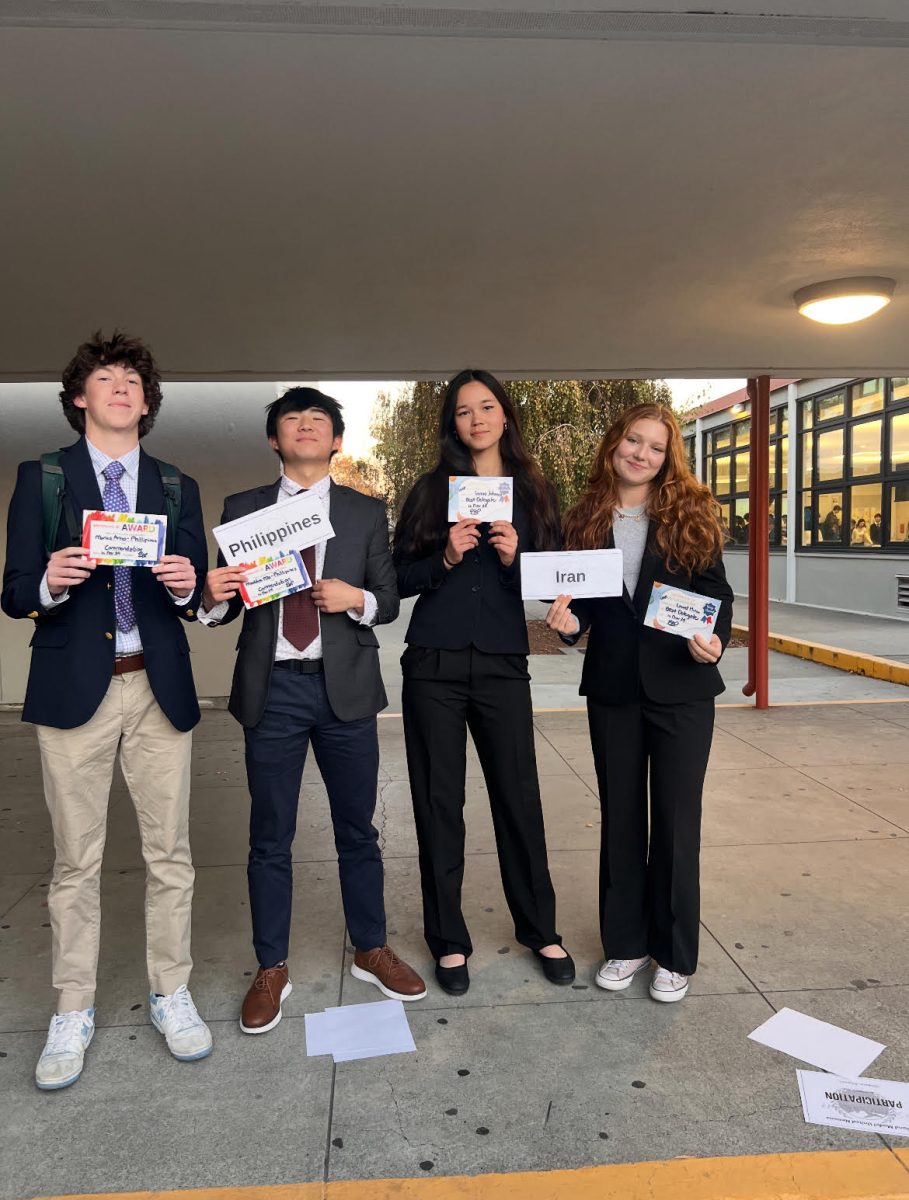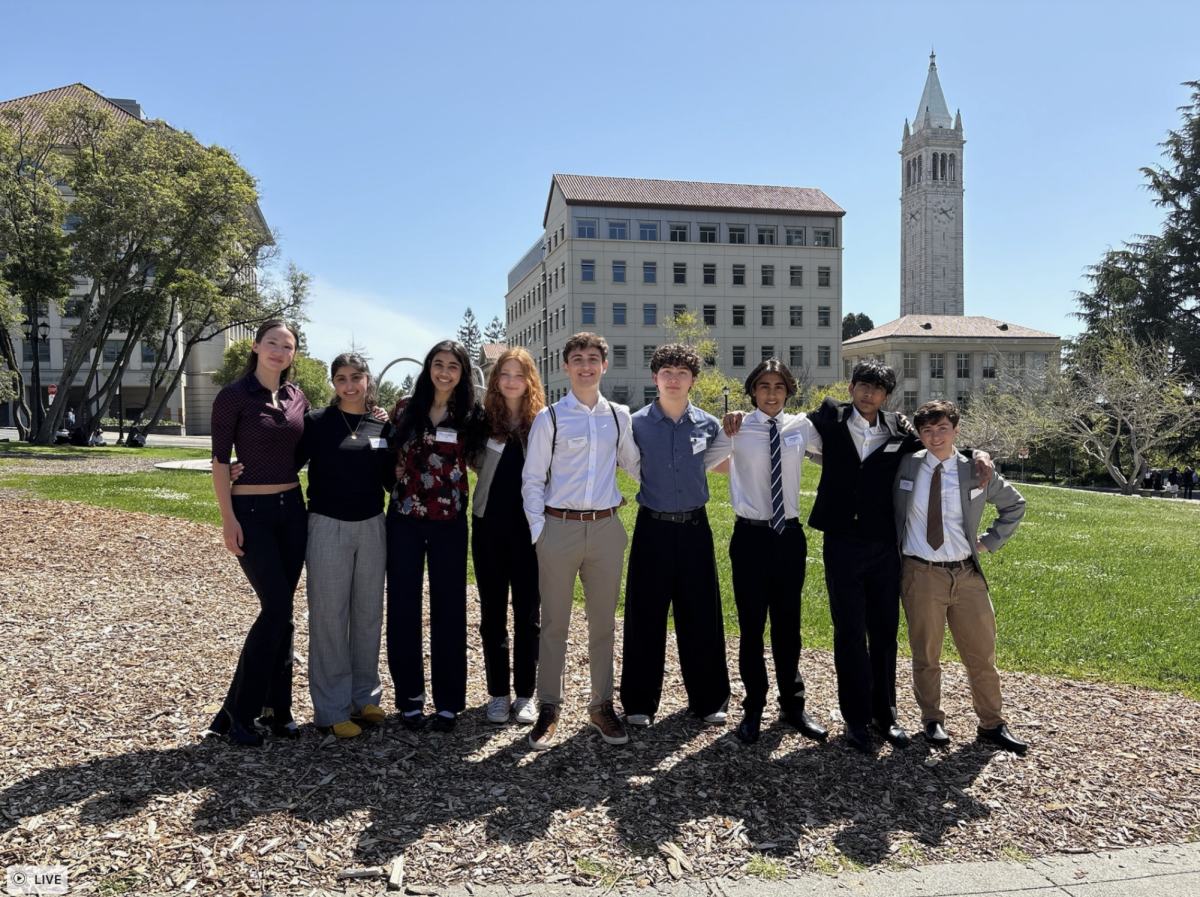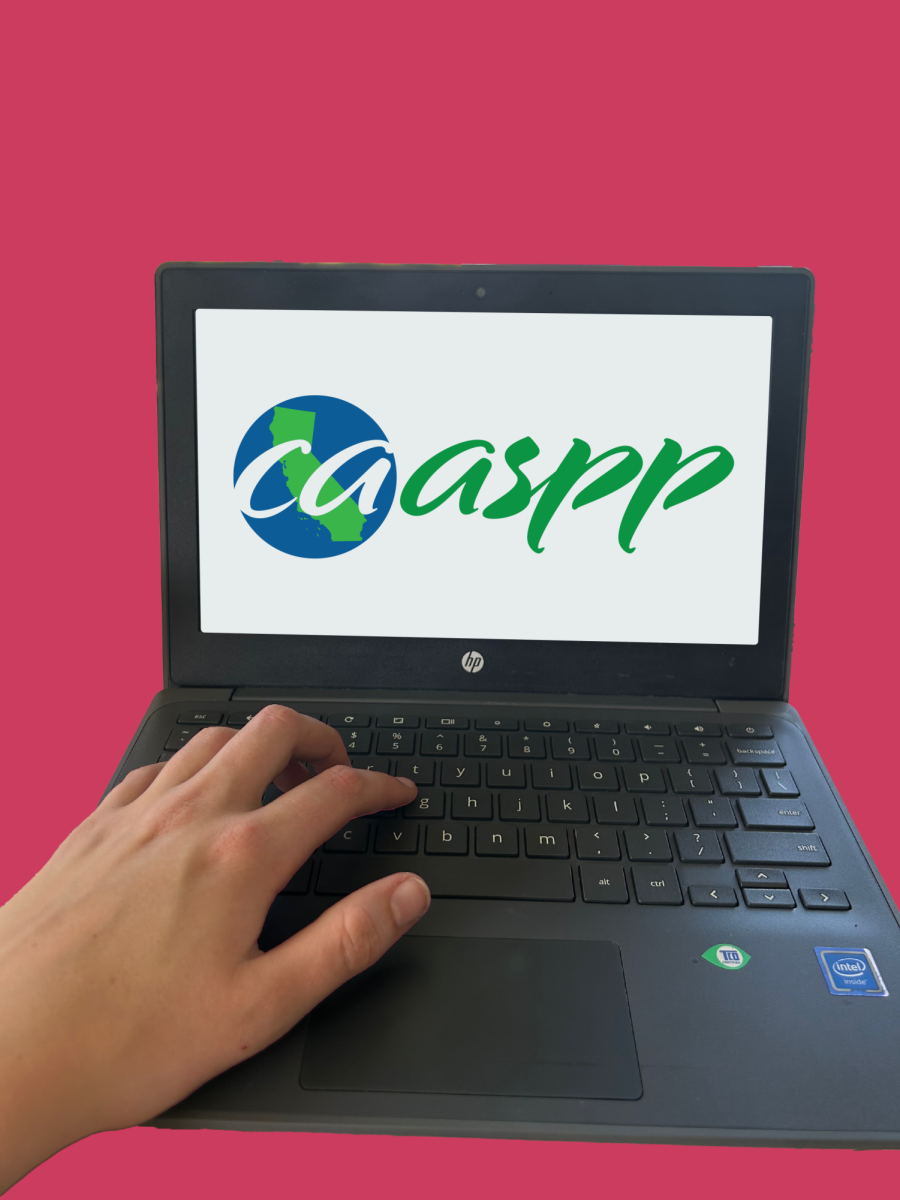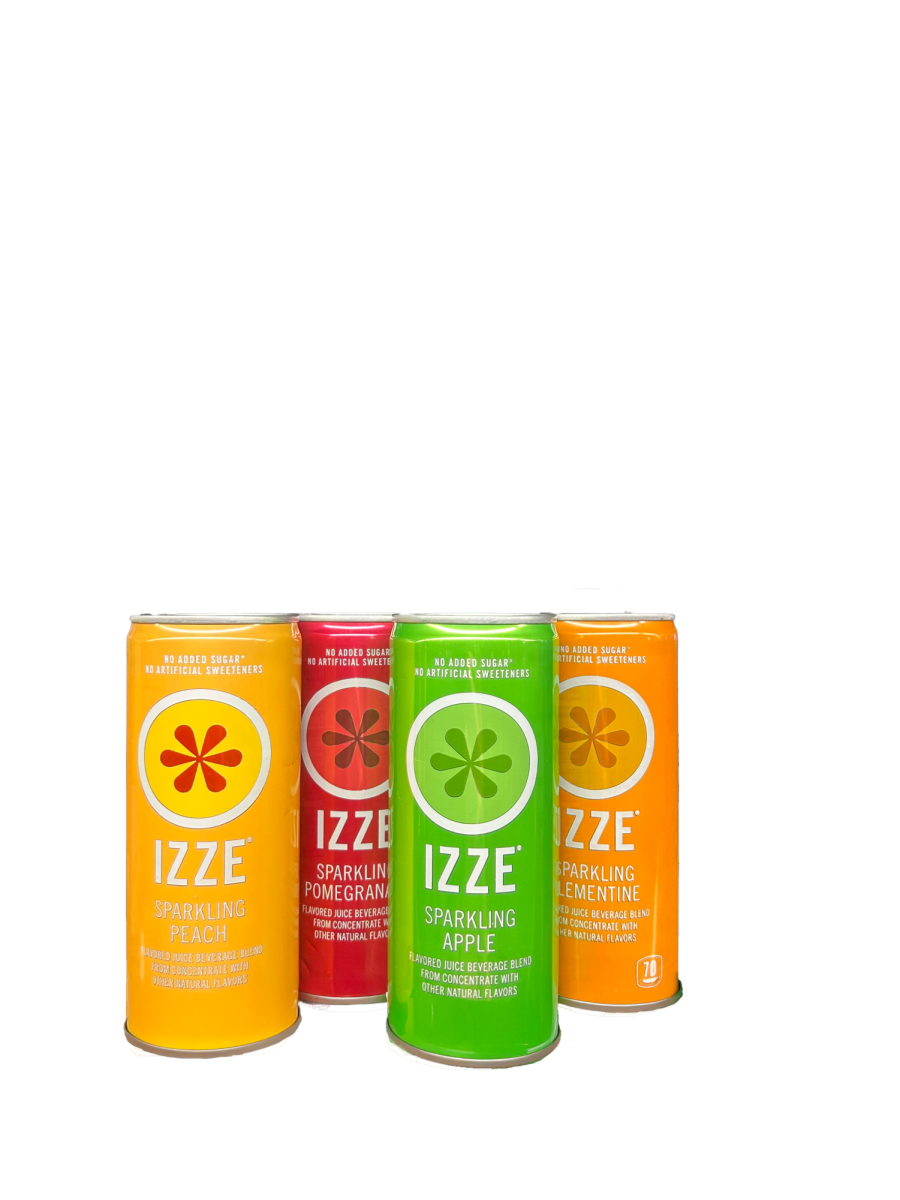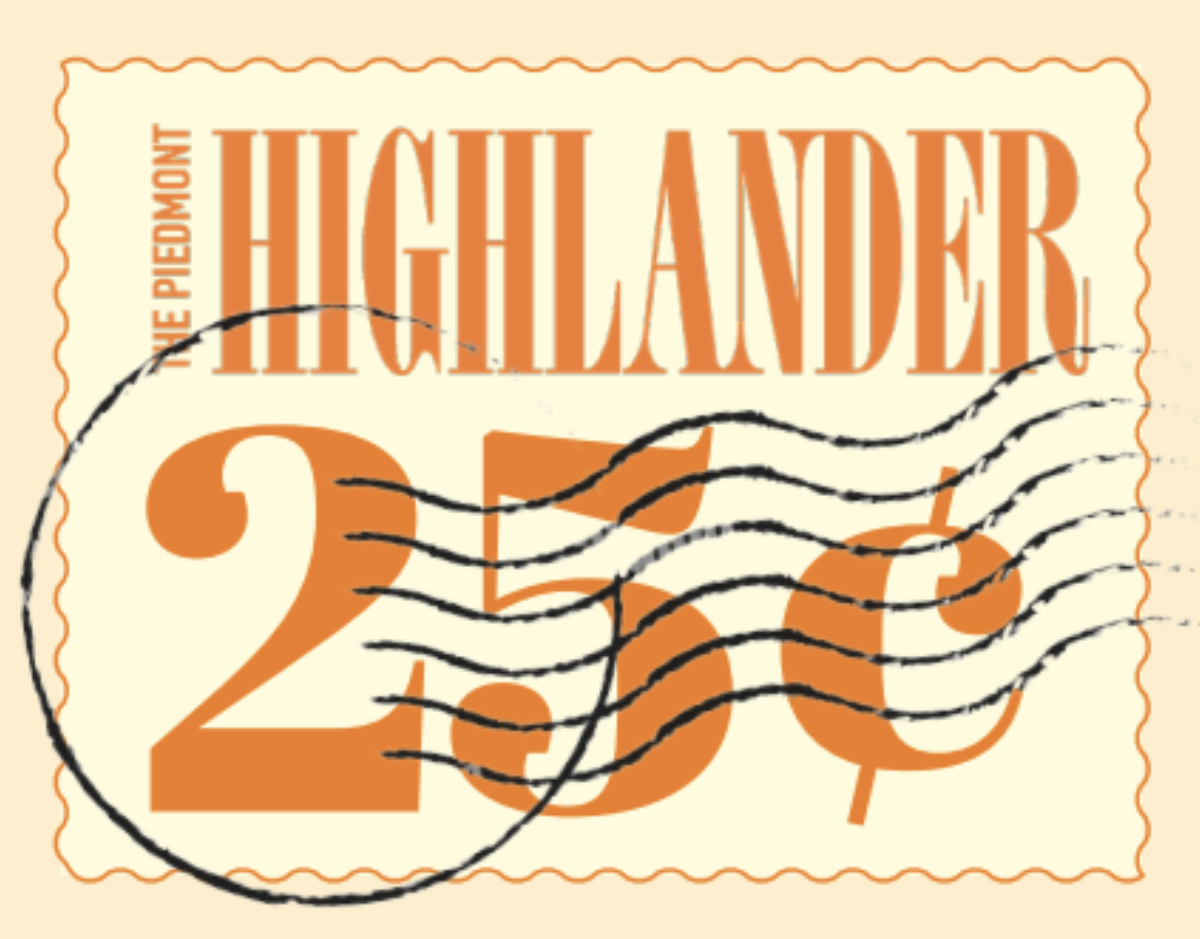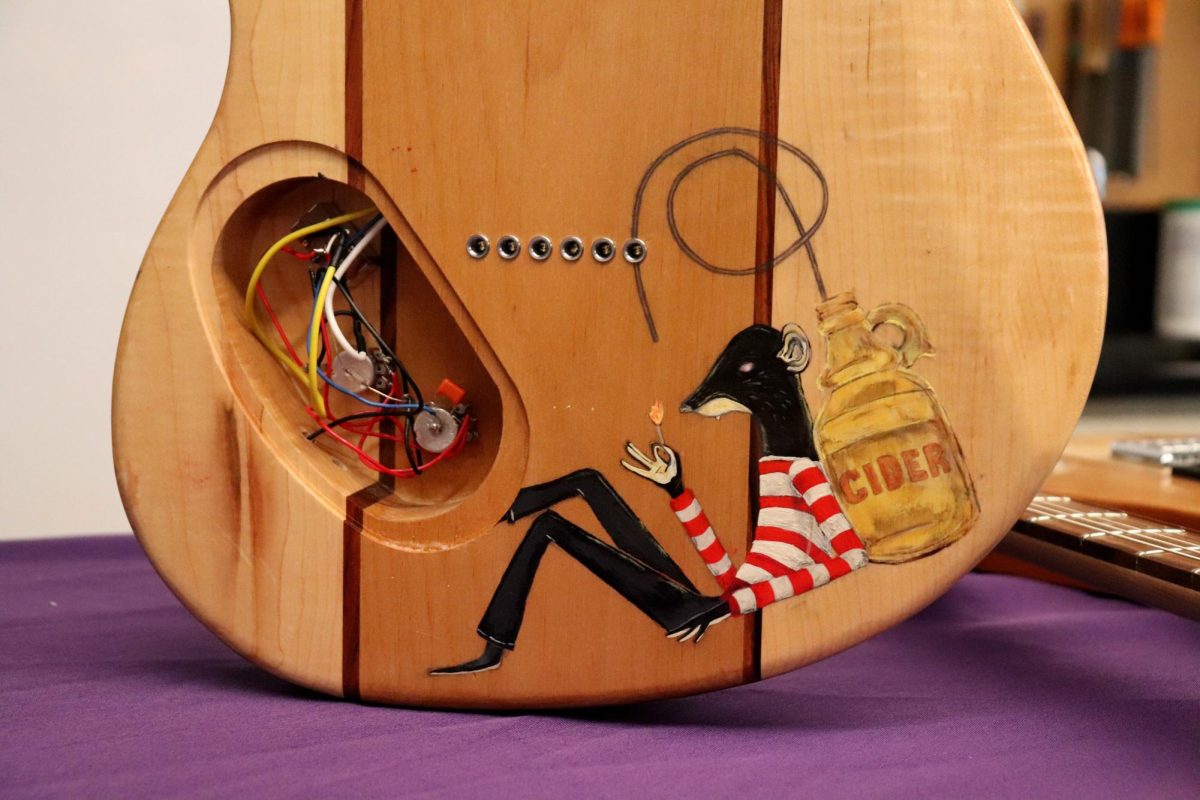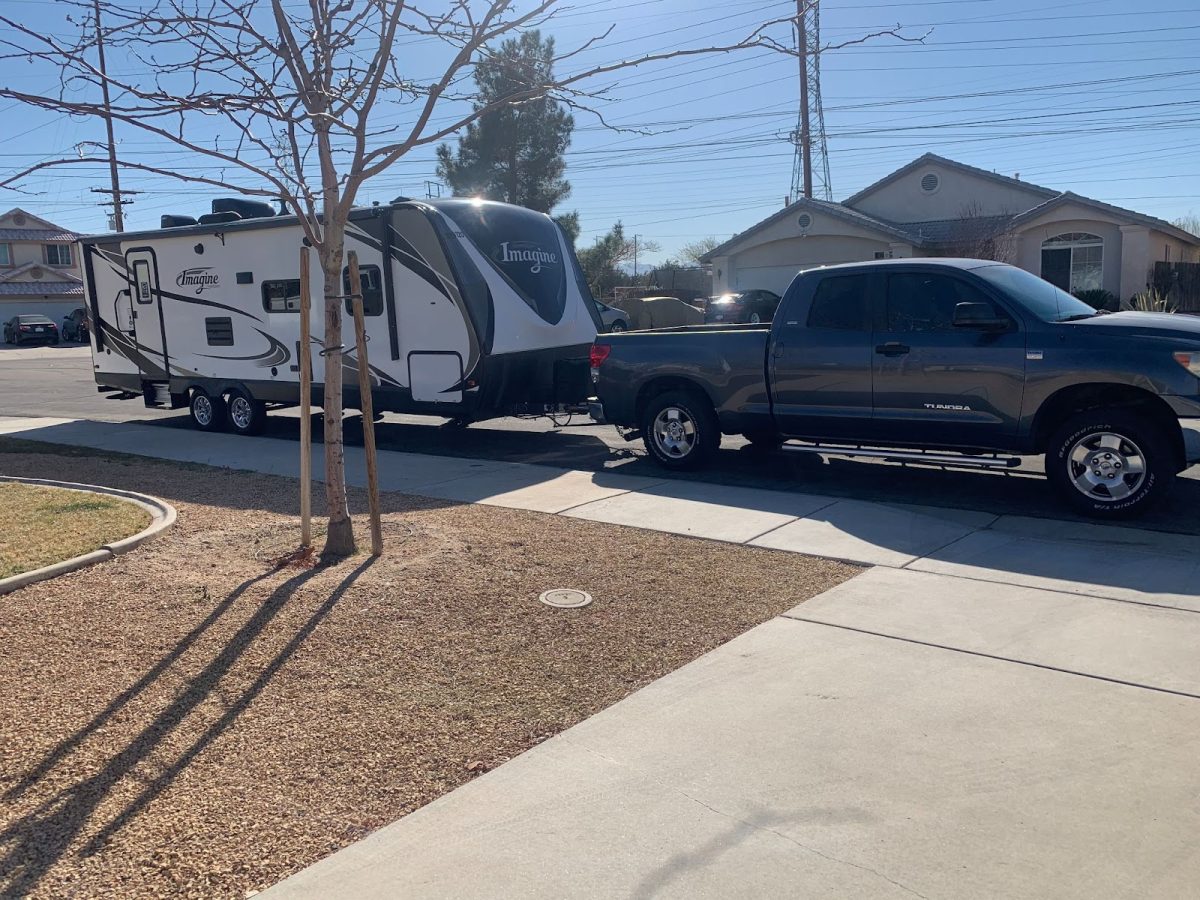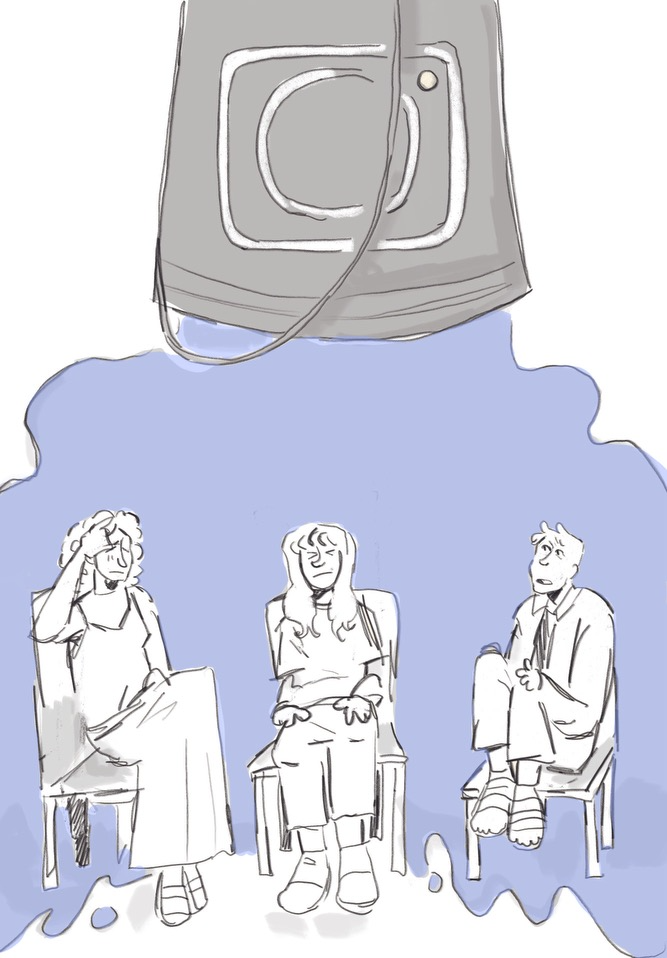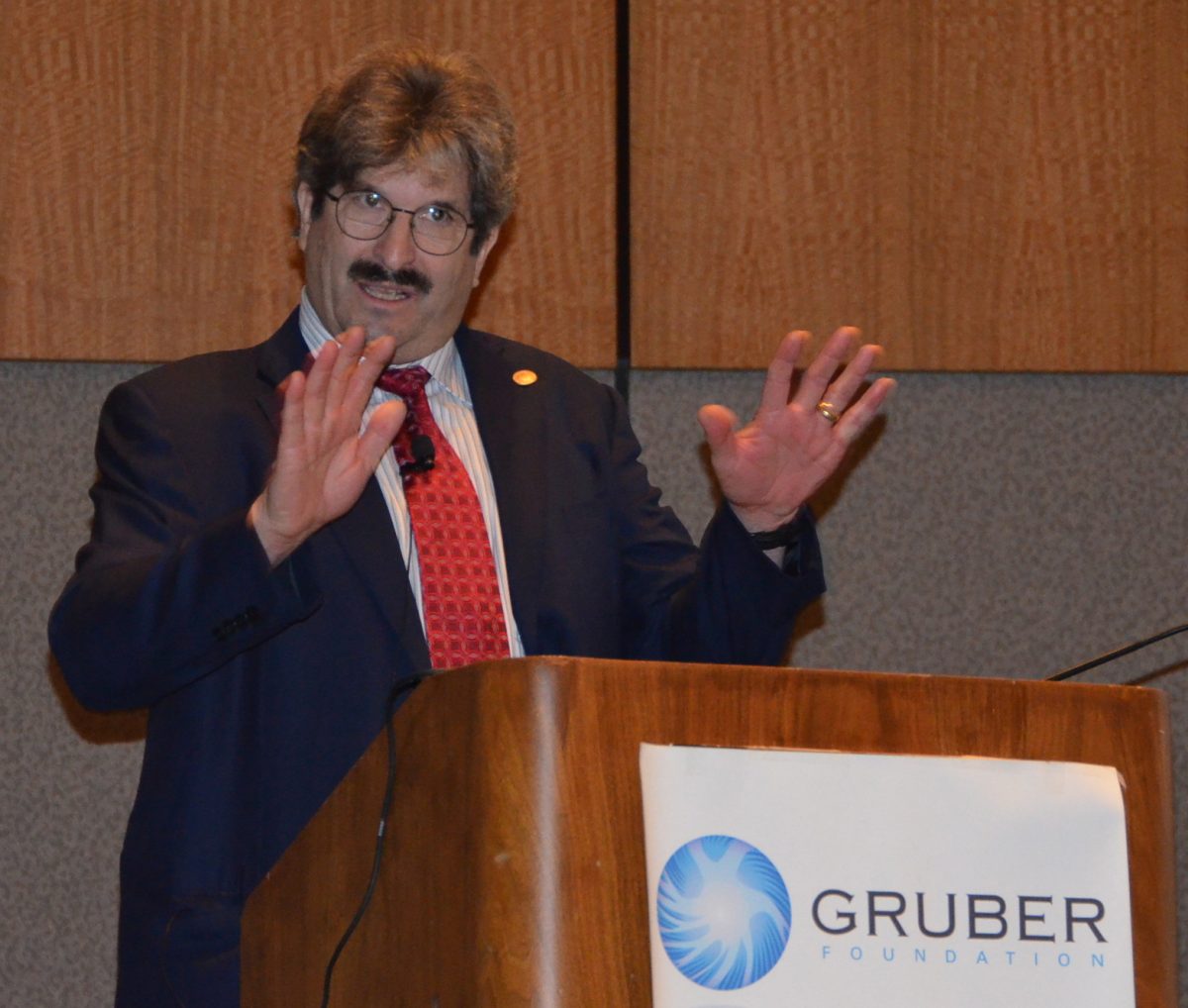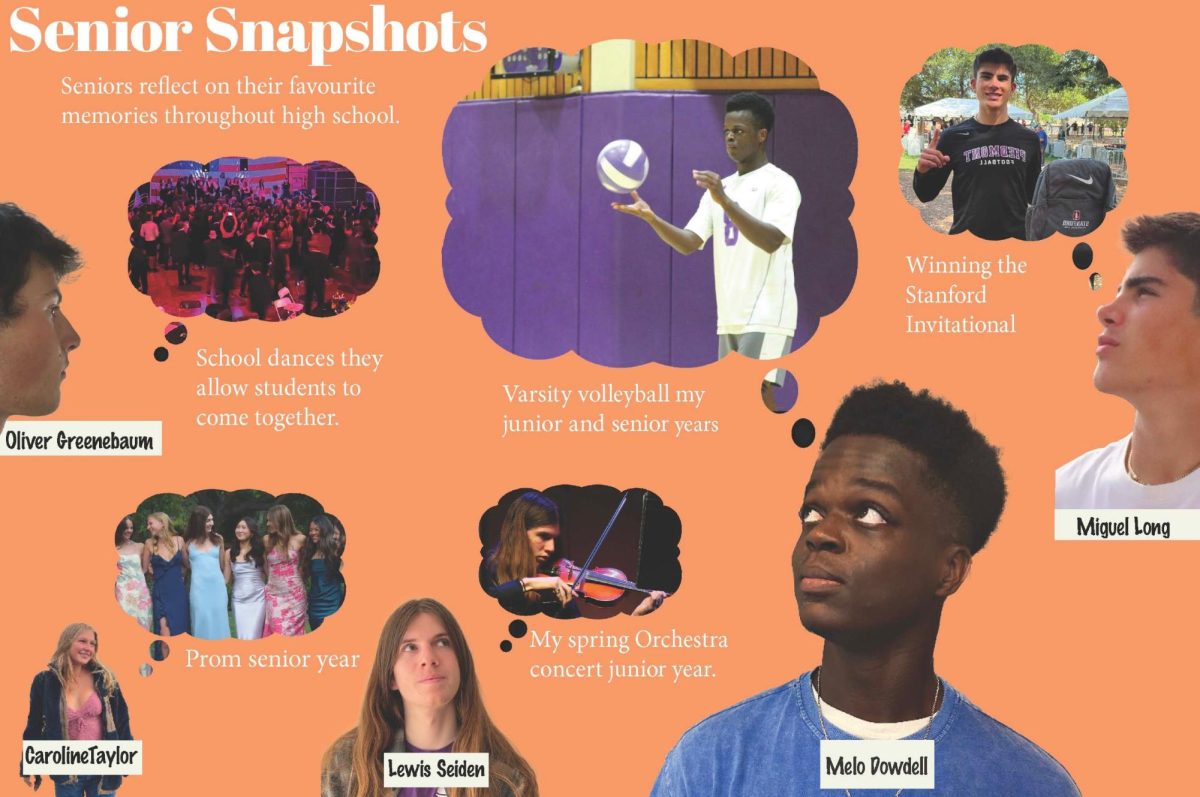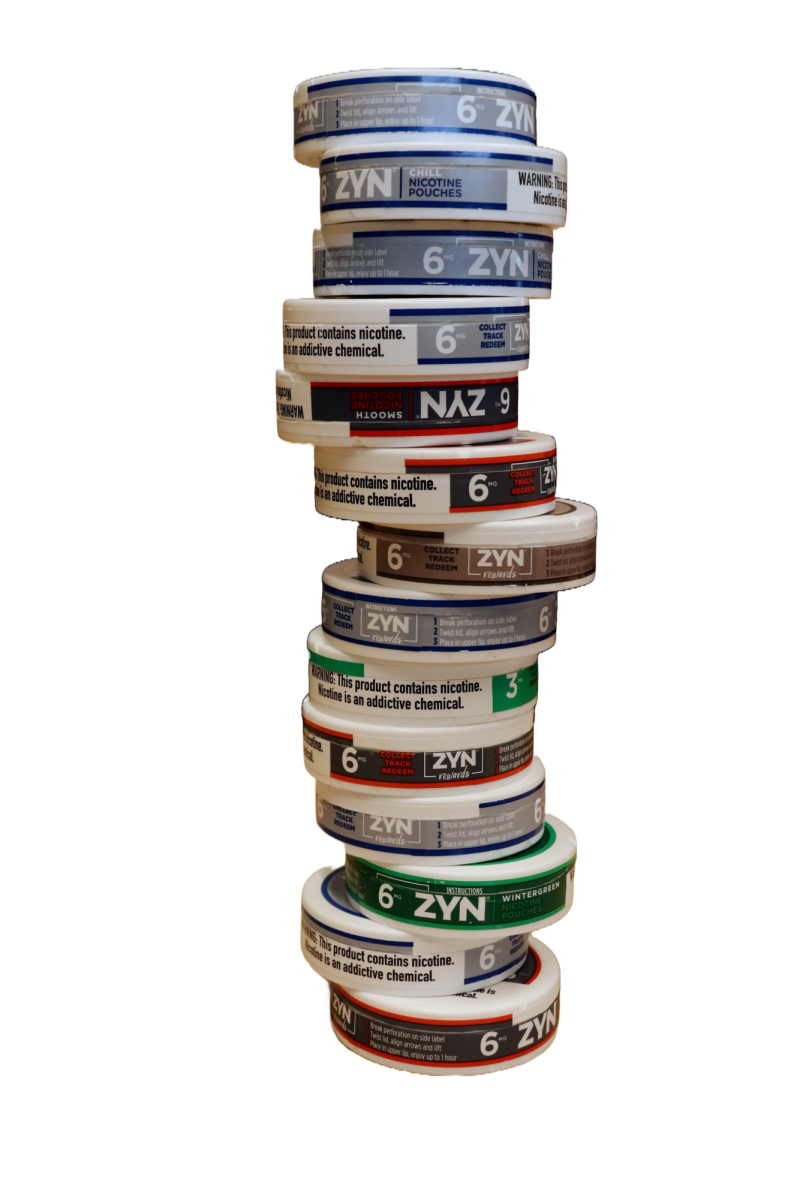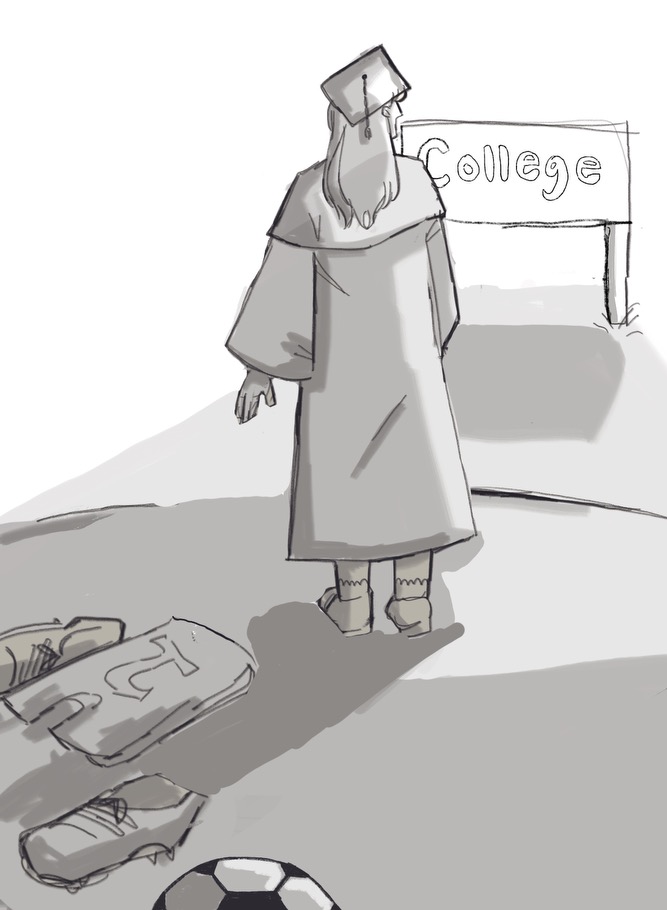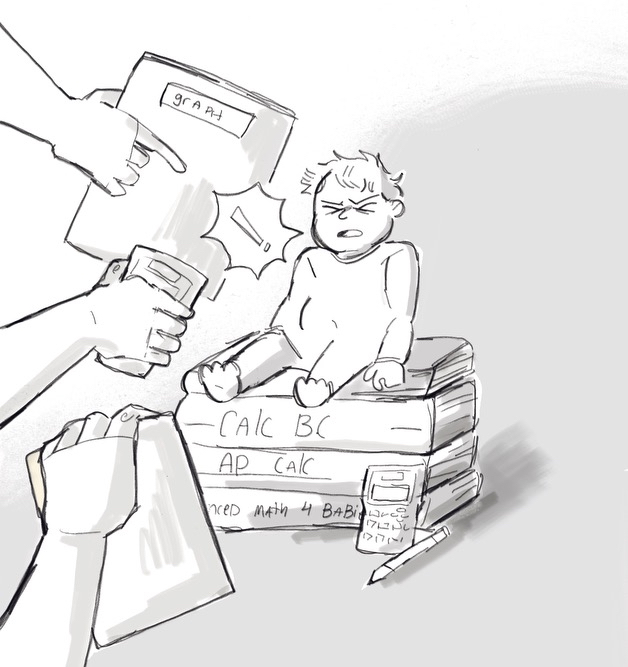Tens of millions of Americans held their breath on the night of Tuesday, Nov. 3, and then for almost another week. The close election between Democrat Joe Biden and incumbent Republican Donald Trump resulted in a popular vote in favor of Biden and ongoing legislation by the Trump campaign to challenge this conclusion.
Senior and Teens for Biden co-founder Toshi Troyer said he was stressed about the election before and during, but not about the popular vote, which he was confident Biden would win. Although, he said, the outcome of the 2016 presidential election after the polls consistently projected Hillary Clinton’s win did make him nervous.
“I thought that Biden would win, but I wasn’t sure to what length Trump would go with voter fraud and what he would do to try [to] win the election fraudulently,” Troyer said. “I was also just nervous about the state of the country, depending on the outcome, because before the election happened, no one really knew how people would react to the results either way.”
Troyer said he was still nervous on the night of the election because Trump had a good chance of winning, and the mail-in ballots had not been counted. Now, though, he said he is much less stressed about it.
“[Now] I’m very happy with the results,” Troyer said. “Trump is losing all his court cases and Joe Biden won the Electoral College. We didn’t do really well with a lot of especially more progressive House representatives who I wanted to win, but we won the presidential election so I was very happy.”
English teacher and ASB leader Aaron Barlin said that his teaching philosophy is influenced by politics, which he clarified is different from partisanship. He wants to help students be politically literate regardless of their ideology.
“I will teach any students how to be an activist, whether they’re pro-life or pro-choice, whether they’re Blue Lives Matter or Black Lives Matter,” Barlin said. “If they want to engage [politically], then I feel responsible for helping them do that, regardless of whether their stances on [individual issues] stand in contrast or in line with what I would do if I were there at similar opportunities.”
Troyer said that he would not consider himself an activist but he does try to be politically involved, especially in the months before this election.
“[We started Teens for Biden because] even though none of us could vote, we wanted to participate in this election and try [to] do all that we could to voice our opinion,” Troyer said. “Because we don’t have a voice in the voting system, we wanted to express it in another way.”
Barlin said the Trump administration has been in place since before he started teaching, and their efforts to prioritize private education influence the decisions he makes as an educator.
“I care about the results not just because they affect me, but more importantly, they affect so many students,” he said. “Being in tune with the election, whether I wanted to or not, felt like a responsibility, because my kids are being in tune, and they’re going to want to come to me to help them process.”
Barlin said he was mostly numb to the stress of the election as a defense mechanism, allowing him to give more emotional space to his students. However, on election day, he felt the intensity. Having not trusted the polls, while the race seemed tight on Nov. 3, he was nervous.
“[After the election], I was very much in disbelief,” Barlin said. “The Trump administration is ostensibly over, or at least soon to be over. My entire professional life essentially has been within the context of the Trump administration.”
Senior Harmonee Ross said she did phone banking for the Biden campaign on Friday nights for three weeks. She said she grew up being aware of politics, so she is engaged in every election, local to presidential.
“With this specific election, I just felt like, because I’m not old enough to vote, I needed to do my part,” Ross said. “I felt like it would be hypocritical of me if I was picking on others for not knowing who they’re gonna vote for or registering to vote, if I wasn’t doing all that I could do.”
Before the election, Ross said, she was happy with the message that young people should vote, but concerned by the underlying sentiment she perceived to be that this is the only election where voting matters. She said she was not stressed during the election because she was confident it would end the way she wanted.
“After the election was probably the hardest time for me, because I had a moment of just complete happiness, but I felt like I was robbed of that because I spent most of my day trying to defend why black indigenous people of color have the right to be happy for Kamala Harris [being] Vice President, because by us expressing our joy, we’re not saying that we agree with her past, we’re saying we’re looking forward to who she will become in the future,” Ross said.
Going forward, Barlin said he anticipates a lot of partisan division. He expects that Trump might undermine Biden’s efforts to, for example, curb COVID-19 with a mask mandate by encouraging his supporters not to obey. He foresees this division even in Piedmont, where he says he has noticed most students are left-leaning, and conservatives often stay quiet.
“So many of my students, they’re angry, and they feel good about the fact that they’ve defeated Trump supporters,” Barlin said. “Is that the most productive way to move forward? I don’t think so. I think that will only foster more anger on both sides, and then division will only grow, so we’ll see how to address it and classroom spaces.”Ross said that political conversations in the classroom often felt unsafe, especially when sharing her personal experiences that would be co-opted by other students for political reasons.
“I don’t think there was ever a moment where I feel safe in the classroom talking about politics, even though I had the opportunity,” she said.
In a voluntary survey with 63 responses from PHS and MHS students, an anonymous student said “The words said at our school and overall narratives were super one-sided by both teachers and students. I think that people took it way [too] aggressively and personally, which in turn extremely alienated the conservative minority at our school.”
Ross said her daily life was affected based on what she would do to be involved in the election, such as phone banking. However, she said she often held back from telling people about her phone banking because she felt ashamed to be involved on behalf of Joe Biden.
“At first, it was really hard for me to convince myself to participate and help, because I wasn’t 100% Joe Biden,” Ross said. “He wasn’t my first pick. But I had to realize that it’s more than my opinion that’s at stake. It’s more than how I feel. There are some people, whether I know them or not, that this will impact their everyday lives. I had to kind of push back my own feelings and ideals for a moment just to really help my community.”
Ross said she wants students to know that political engagement does not stop at elections, and now it is voters’ responsibility to hold their politicians accountable for keeping campaign promises, such as those regarding the climate, racial justice, and COVID-19.
“I want to see the people who voted feel like they didn’t waste their time, to feel that everyone pushing it was [not] just to get Trump out of office,” Ross said. “No, we still want to change, we don’t just want Trump out of office.”
